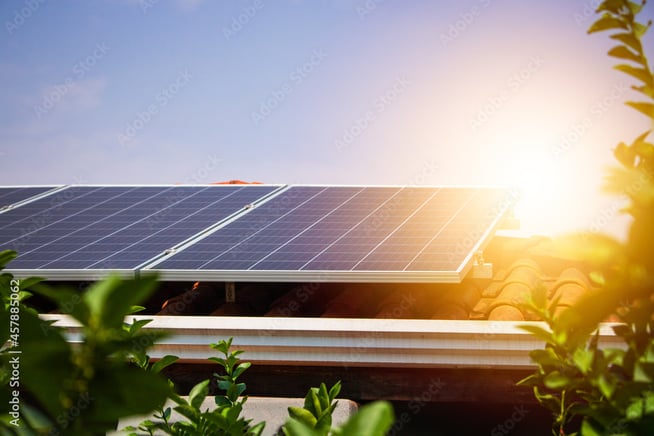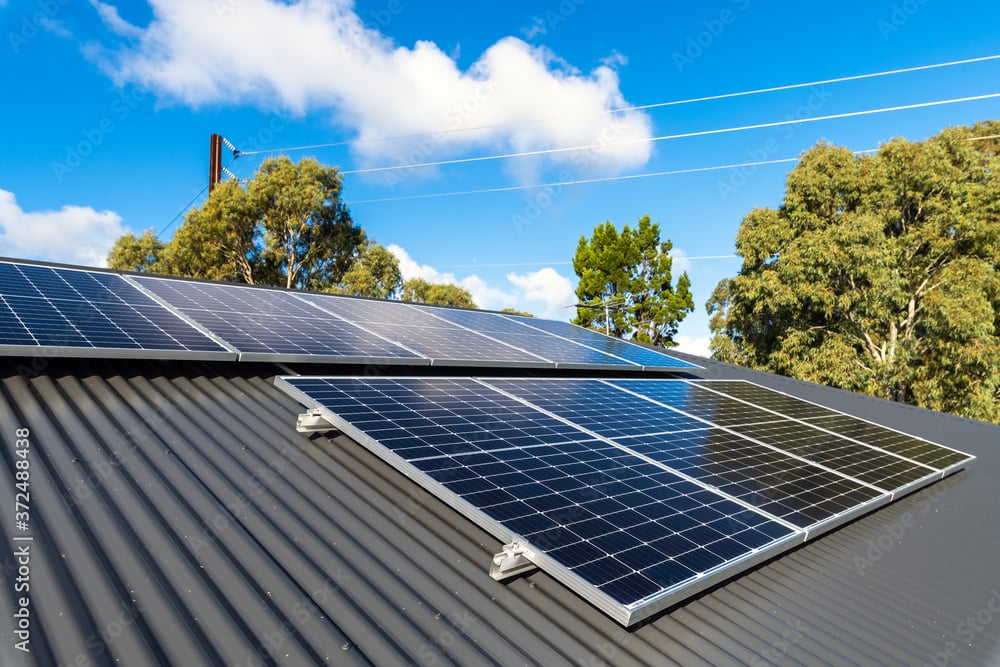
What Are The Different Types Of Solar PV Panel Systems?
As the world moves rapidly toward eco-friendly habits, more homes and businesses are leveraging the benefits of renewable energy. One of the most effective sustainable power solutions is solar, with its capacity rising to around 1.18 terawatts in 2022 globally. That’s a massive shift, considering the total capacity was only 5 gigawatts less than two decades ago.
Solar power systems have evolved over the past few years to meet diverse energy needs. Today, there are different types designed to satisfy various consumer needs. Grid-tied, off-grid, and hybrid systems are the industry’s leading players.
But what differentiates them in terms of pros and cons? Read on as this article explores each type’s features, benefits, and ideal applications.
- On-grid solar systems
As the name suggests, this system is connected to the existing power grid. The grid-tied or grid-feed system is still one of the most common solar systems used today.
On-grid solar systems can power appliances and machines during the day. At night or during low solar production, however, electricity is drawn from the grid to satisfy electricity requirements. This two-way flow of energy optimizes consumption and ensures that consumers enjoy a reliable power supply.
A distinctive feature of on-grid systems is the absence of batteries. In these systems, any excess power generated by the solar panels is sold back into the grid. At the end of every billing cycle, you’ll be compensated for the energy you send back to the grid. Therefore, apart from cutting your bills, you can also have another source of income.
- Off-grid solar systems
An off-grid solar system is the exact opposite of its on-grid counterpart. If you want to be independent from the grid, this option is for you. With this system, your primary power source will be solar, and the excess energy is stored in the batteries.
So how does it work? It mainly comprises the solar panels, an inverter, and batteries. The panels convert sunlight into electrical energy, which then charges the batteries. These batteries are connected to an inverter to turn direct current (DC) to alternating current (AC).
So, during the day, the solar panels charge the batteries. At night, electricity is drawn from these storage devices, ensuring a continuous and reliable flow of energy. Some benefits include energy independence, reliability, and cost-effectiveness, especially in remote areas.
- Hybrid solar systems
Hybrid solar systems combine elements of both on-grid and off-grid. It features a battery storage component and is also connected to the grid. This solar system can work independently, but it’s linked to the grid for backup purposes.
So, when there is low solar production, like during the rainy season, the grid often supplies the required electricity. During sunny days, when solar power is in surplus, the excess energy is stored in the batteries for use in times of high demand, power outages, or low solar supply.
This is to say, with the hybrid option, you have a complete electrical system. You reduce your reliance on the grid but still utilize this source when needed.

Which is the right solar system for you?
Off-grid, on-grid, and hybrid solar systems have their benefits, but which one fits your needs? You must ask yourself this question before investing in any of the three options. However, there is no one-fits-all answer, as it depends on various factors, including:
- Location: Off-grid solar systems work best in remote areas where access to the grid is a hassle. In contrast, hybrid systems are a good choice for those connected to an unreliable grid.
- Budget: Knowing your budget is also crucial during the selection process. It’s worth noting that solar storage batteries and additional equipment can be quite expensive. So, if you have a limited budget, an on-grid system might be the more economical option.
- Power consumption: Energy needs in your home or commercial premises also matter. If you have high energy demand, a reliable system becomes crucial. In such scenarios, hybrid and on-grid solar systems are ideal choices. These systems offer a backup option in case the batteries are drained before the next charging cycle begins, providing a stable power source.
In Summary
Suppose you’re interested in sustainable power sources. In that case, installing solar panels can be the best place to start. Besides the environmental benefits, this power solution can help reduce your energy costs. Whether you opt for an on-grid, off-grid, or hybrid solar panel system, you’ll enjoy these benefits.
So, carefully assess your location, budget, and electrical needs as you pick one from these systems to get the most out of this investment.
The World Solar team can help you determine if a solar system is right for your home or business. Call us on 0800 876 527. Or fill our the request a quote form on our website.







